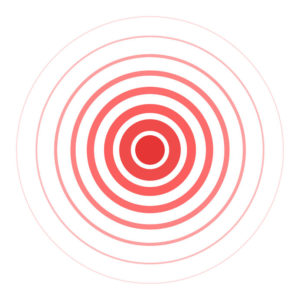What Roles Nerves Play in Your Hernia Repair Surgery
 Your nerves are what give you sensation. During surgery it is important not to damage the nerves. Here’s what you need to know about the three major nerves in the inguinal area before you head into surgery for hernia repair:
Your nerves are what give you sensation. During surgery it is important not to damage the nerves. Here’s what you need to know about the three major nerves in the inguinal area before you head into surgery for hernia repair:
What are the Three Major Nerves?
- Iliohypogastric nerve: provides sensation to the pubic hair area and the upper part of the scrotum or Mons.
- Ilioinguinal nerve: provides sensation along the inguinal ligament, on the inside of the upper thigh, and on the outside of the scrotum or Mons.
- Genital nerve: provides innervation to the cremasteric muscles and sensation to the testicle or labia majora.
Some Hernia Repair Surgeons Advise Cutting the Nerve
Some surgeons routinely cut the nerves during a hernia repair with the thought that it decreases pain after the operations. Yes, cutting the nerves eliminates some pain, but also numbs the skin. And more importantly, sometimes the nerves try to regenerate and a neuroma forms. This can result in chronic pain. Therefore cutting the nerves often trades one problem for another.
The Alternative to Save the Nerves and Avoid Numbness and Neroma
Having performed non-mesh hernia repairs since 1986, Dr. William Brown is best to do as little damage as possible and thus takes special care when it comes to nerves. Dr. Brown takes the time and is careful to identify all the nerves during the operation in once identified takes care not to damage the nerves. The result is no loss of skin sensation and avoiding the problems of chronic pain.
This approach is more time-intensive, but Dr. Brown feels it’s best for patients in the long run. If you have questions about nerves during your non-mesh hernia repair surgery, contact Dr. Brown today.
